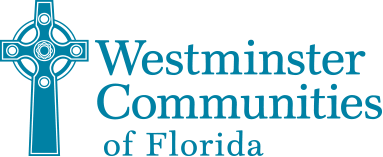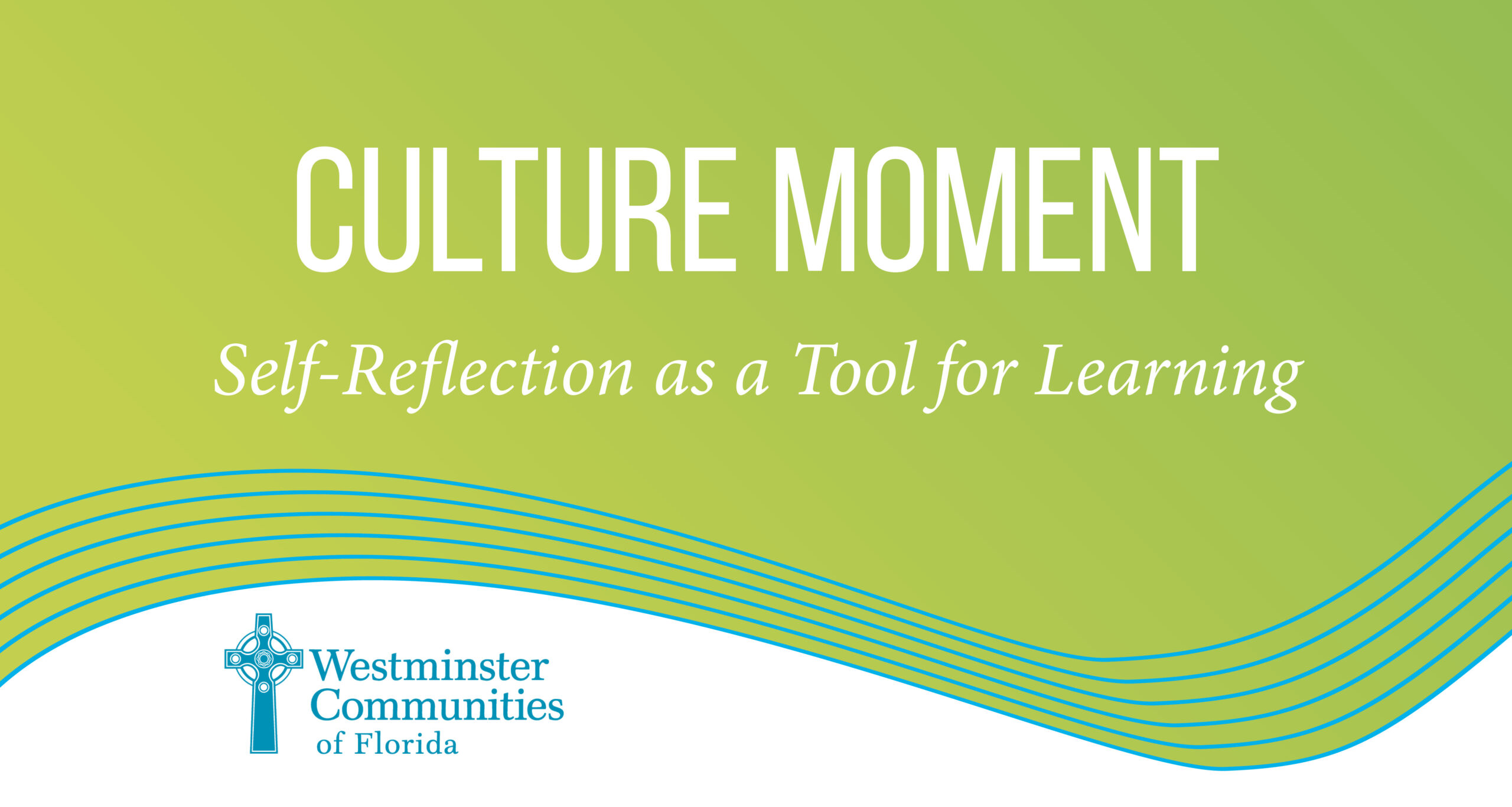Self-Reflection as a Tool for Learning
Self-reflection gives the brain an opportunity to pause amidst the chaos, untangle and sort through observations and experiences, consider multiple possible interpretations, and create meaning. This meaning becomes learning, which can then inform future mindsets and actions.
Through a reflection practice, you can rewrite old stories that don’t serve you, examine the “why” of what happened, and explore “what’s next.” Thinking about your past can help you find out what’s holding you back and get it out of the way, or find the insights you need to stay on target toward a big goal.
To get started:
- 1. Instead of simply pondering these topics, write out your thoughts. “Therapeutic or expressive writing” can help reduce depression, up your creativity and even make you physically healthier.
- 2. Reflect regularly for the greatest benefit. Set some calendar reminders to reflect on your birthday, at the end of each quarter.
- 3. Be open to using reflection spontaneously when you’re stuck, when you’ve failed miserably, or when your team just accomplished something major.


